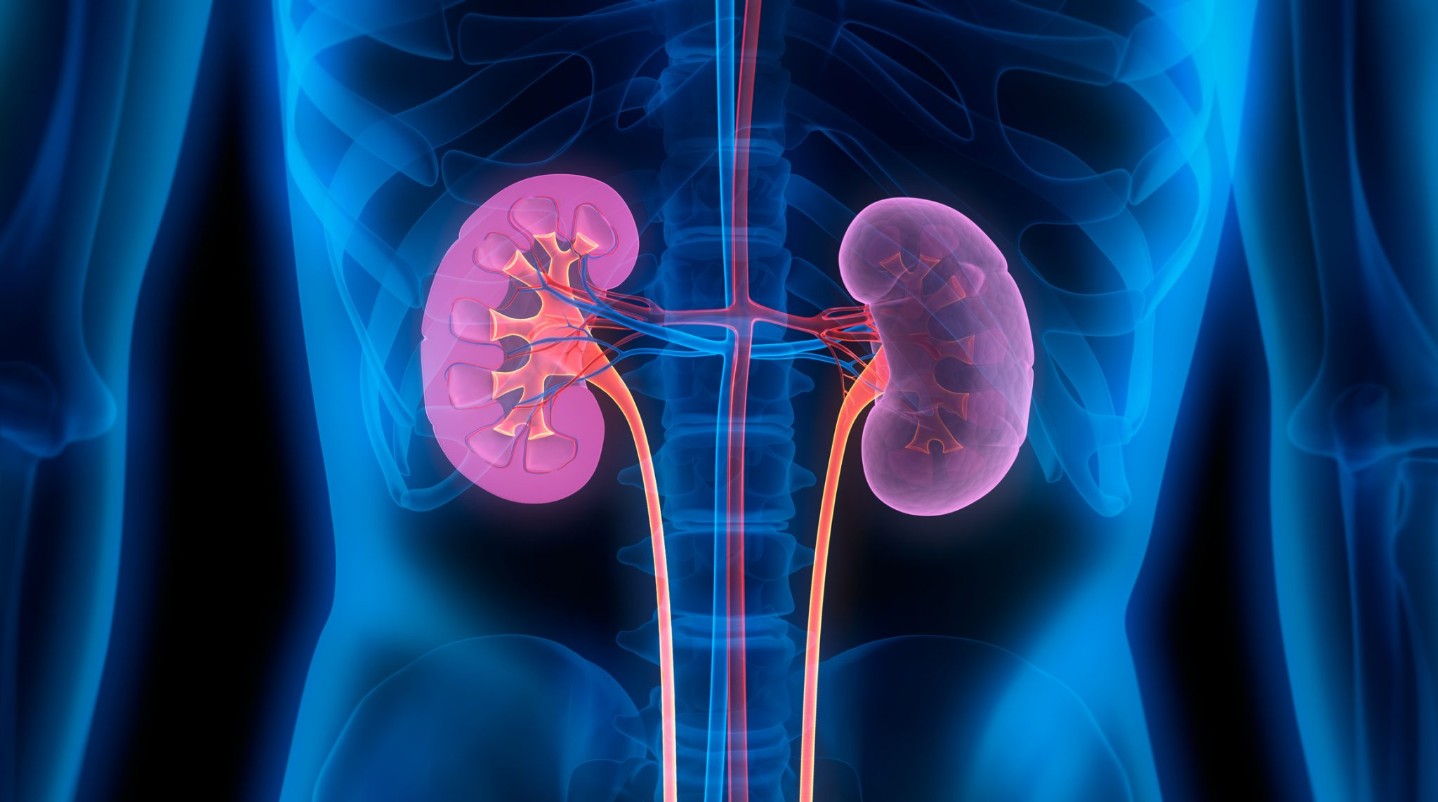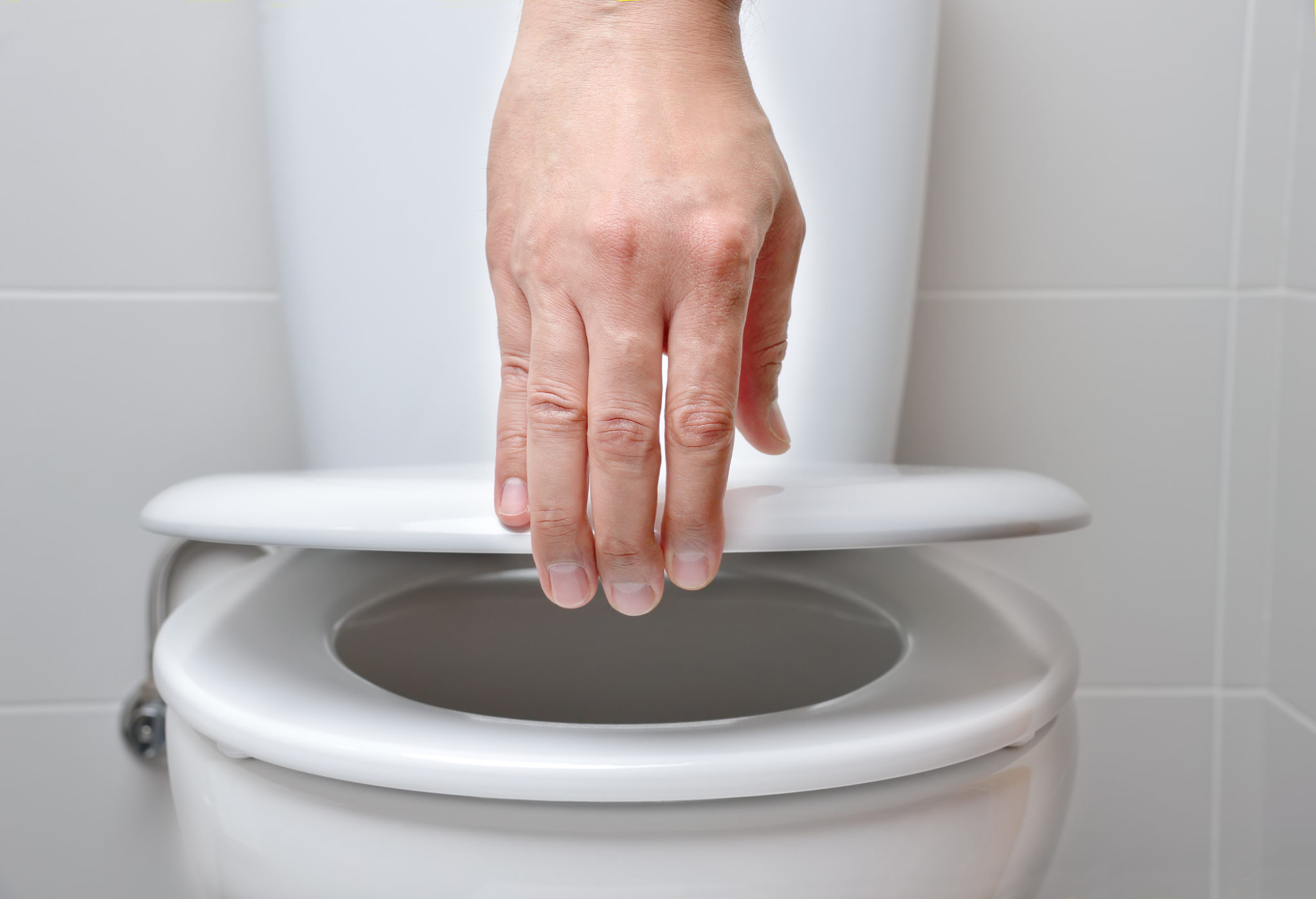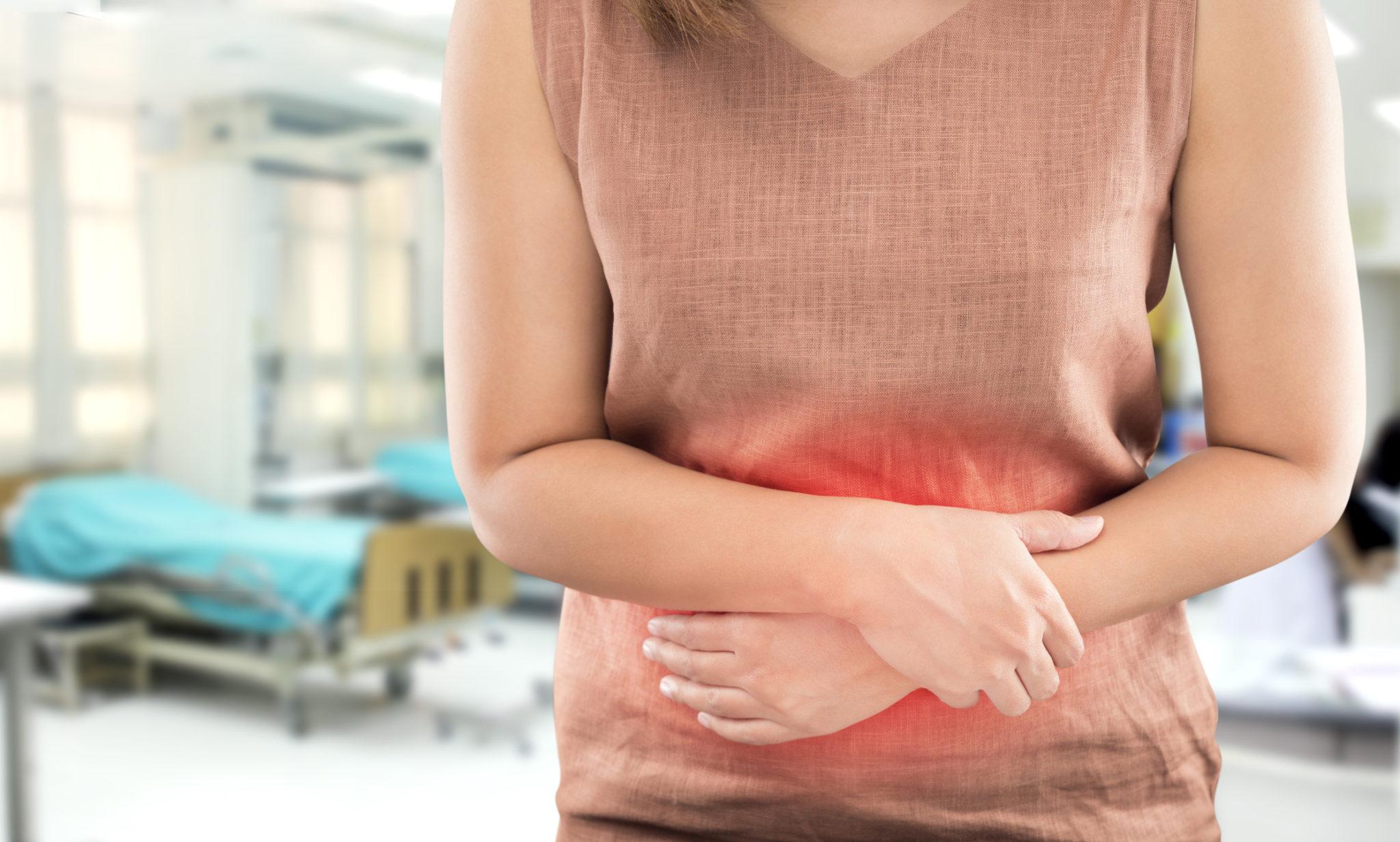You may have a kidney stone and not even know it. When a kidney stone “falls” into the ureter, the tube that carries urine from the kidney to the bladder, it typically causes extreme pain as urine backs up into the kidney causing it to stretch. Some kidney stones are able pass through the urinary tract on their own. Other stones get stuck and require surgical removal. Sometimes, kidney stones lead to serious complications, such as infection and/or damage to the kidney, requiring emergency care.
What is a Kidney Stone?
A kidney stone is a hard deposit of salt/mineral crystals that may form inside the kidneys. Kidneys remove waste and excess fluid from your blood, which leads to the creation of urine. The most common cause of kidney stones is dehydration or low fluid intake/low urine production. Fluids, such as water, help promote urine production and thin your urine. Thin urine prevents salt and mineral crystals from finding one another and forming a stone. All kidney stones start out as a very tiny collection of crystals but may grow to be as big as a tennis ball.
Symptoms
Symptoms occur when a stone is trying to “pass” and may include: pain while urinating, pink, red or brown colored urine, sharp pain in your back, lower abdomen or groin and/or nausea and vomiting. If you experience any of these symptoms, consult your health care provider for further advice. Other symptoms include cloudy or foul-smelling urine, excessive/frequent urination, fever and/or chills – these point to possible infection and require urgent attention.
Your health care provider will likely order tests to confirm whether you have a kidney stone and to help determine which treatment would be best. Treatment depends on the size, number and chemical make-up of the stone, whether the stone is blocking your urinary tract, how much pain the stone is causing, and whether signs/symptoms of infection are present.
Treatment for Kidney Stones
If you have a small kidney stone, pain medicine, fluids and time may be all that is needed to allow the stone to pass through the urinary tract without the need for surgery. A large stone or one that is blocking your urinary tract causing uncontrolled pain, infection or refuses to pass, may require surgery.
Stone surgery is performed by urologists. Surgical options for most stones include
- Shock Wave Lithotripsy (breaks up the kidney stone into tiny pieces using soundwaves delivered from outside the body)
- Ureteroscopy (passage of a very small camera into your body to find the stone, break it up with laser energy and remove the pieces).
- For very large stones, PCNL may be required (enters your kidney through a small incision in the back and clears out the stones using special instruments)
How Might a Kidney Stone Develop?
About 1 in 10 people will develop kidney stones. While anyone can develop a kidney stone, the following may increase your risk:
- Not drinking enough water
- Drinking too much cola (dark sodas)
- Diet high in protein, sodium and/or sugar
- Overweight or obese
- Personal or family history of kidney stones
- Gastric bypass or other intestinal surgery
- Polycystic kidney disease and other cystic kidney diseases
- Swelling or irritation in your bowel or your joints
- Urine containing high levels of cystine, oxalate, uric acid or calcium
- Medicines such as certain diuretics or calcium-based antacids
Can Kidney Stones be Prevented?
Once you develop a kidney stone, you have a 35% to 50% chance of developing an additional stone within 10 years,* but you may prevent a stone recurrence by seeing/following your doctor’s advice.
To help prevent kidney stones,
- Drink 8 to 12 cups of fluid per day.
- Limit sodium intake (do not add salt to your food and choose foods with lower sodium if given the choice).
- Limit animal protein intake (beef, chicken, fish and eggs).
If you have had a kidney stone, your doctor may be able to give you more specific diet recommendations following some additional testing (24-hour urine collection, stone chemical makeup analysis and blood work).
For more questions, reach out to our CHI Health Urology Team.
Resources:
https://medlineplus.gov/genetics/condition/kidney-stones/





